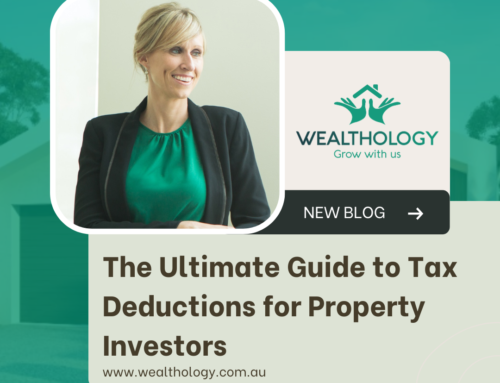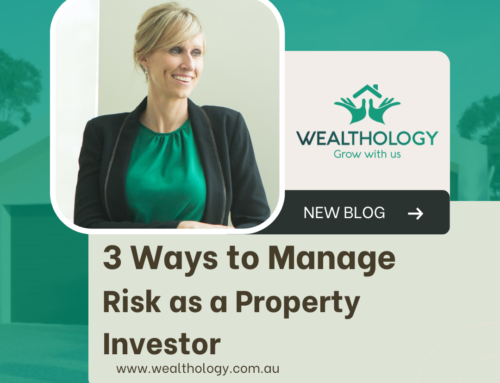According to RP Data and the Census Data from 2011 only 7.9% of Australians own an investment property, even though property is a national past-time. And only 0.068% own six or more investment properties.
A lot of people are overwhelmed by the process and quit before they even begin but it doesn’t have to be hard. The reality is that investing in property is relatively straightforward when you work with someone who knows what they’re doing.
Working with both experienced investors and first-time investors one thing we find that is common is the relief people feel when taking that first step (or next step) on their wealth journey.
3 Things To Remember When Investing In Property
- It’s A Business And You Are The CEO An analytical attitude is essential if you want to be a successful property investor. You would never pour your life savings into a business without first undertaking considerable due diligence and planning. Manage your portfolio based on a carefully devised strategy that accounts for your current projected financial capacity and long-term objectives.
- Think Big Picture And Be Proactive Once you’ve formulated a sound investment strategy, it’s time to take action. Look for opportunities to maximise returns and capital growth by maintaining your property to high standards, bumping up your rental income where possible. Review your portfolio annually to stay on track and on target.
- Put It In Writing Maintain accurate records and keep an orderly paper trail of anything related to your property investment(s). It’s critical that you claim as many legal deductions as you can each financial year in order to augment that all important cash flow, but you need to do so in a way that won’t attract undue attention from the tax man. So document everything!
Life is full of financial decisions, some complex, some simple, but all with the potential to make a real impact on your life.
How To Choose The Best Investment
- Think Outside The Box
A large number of people investing choose to only invest in their suburb or surrounding areas because they are familiar with these suburbs, have possibly grown up here and wish to drive by their investment property on the weekends. Bad move. Be open to possibilities, look outside your ‘comfort zone’ as there are many opportunities out there. Explore other areas, and even other states.
- Buy Near Planned Infrastructure
Properties located near good transport links, schools, shopping centres and other amenities are ideal. These days people are wanting to live closer to their work place so jobs in the local area are also a bonus. Planned infrastructure which may result in a positive impact on future sales prices in the area will result in increased rent ability and a lifestyle appeal for not only renters, but also buyers.
- Go For Second Best
Often, the most popular suburbs have already experienced growth and it could be awhile before they experience a similar cycle. You will be paying top dollar when investing in these suburbs with a slower return so we suggested to invest around these area. These are the next best option – chances are you will be buying in an area which has yet to boom which means you will benefit well over time.
- Number Crunching
It all comes down to the numbers and savvy investors know when buying an investment property you simply must buy with your head, rather than your heart. Once you’ve found a property that meets the above you then need to calculate the expenses and work out the net cash flow the property will produce. We provide our clients with a property investment analysis report reflecting the outgoings, the incomings and the overall cash position so there is no guessing. It’s all in black and white and makes it easier to understand if the property ‘works’.
You must remember that real estate is a ‘growth’ asset as it produces both income and capital movements.
Andrew Carnegie once made the statement that ‘ninety per cent of millionaires become so through owning real estate’. Whether correct figures or not the message is that real estate is a growth asset.
You Then Must Execute
You must have a strategic plan but then you must also have a tactical plan, which is practical.
To start we like to sit down with our clients and determine what it is that is important to you, how life looks in retirement and then we reverse engineer the steps needed to be taken and work together with you to help you achieve that.
If you would like to speak with one of our experienced property investment experts contact hello@wealthology.com.au as we’d be happy to assist.
For more articles about property investing read our top articles below:





